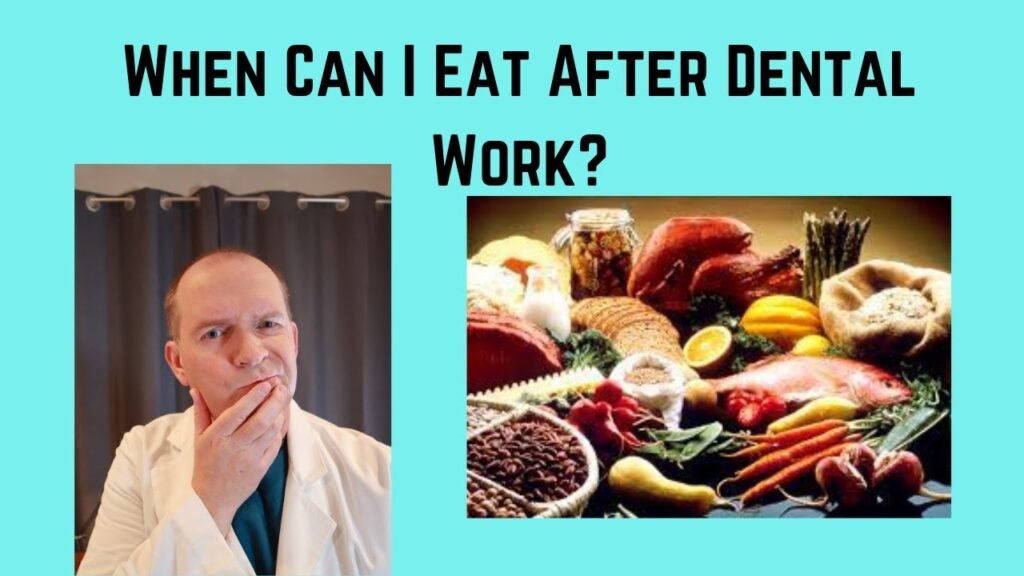Foods to Avoid After Tooth Extraction

After a tooth extraction, it's crucial to follow proper post-operative care to ensure a smooth recovery. One key aspect to consider is what not to eat after the procedure. Avoiding certain foods can prevent unnecessary pain and complications. In this article, we will outline the top foods to steer clear of after a tooth extraction to promote healing and minimize discomfort.
How soon after tooth extraction can you eat normally?
After a tooth extraction, it is important to follow the guidelines for eating to ensure proper healing. Typically, you can start with liquids and very soft foods immediately after the surgery, and then gradually transition back to your normal diet within a day or two. However, it is important to follow your dentist's specific instructions, as there may be some exceptions based on the complexity of the extraction.
Remember, proper nutrition plays a crucial role in the healing process after a tooth extraction. By following the recommended diet guidelines and listening to your dentist's advice, you can help ensure a smooth recovery and get back to eating normally as soon as possible.
What is not permitted after tooth extraction?
After a tooth extraction, it is important to avoid certain activities to promote proper healing. Avoid using a straw, sucking on candy or ice pops, slurping liquids, rinsing your mouth vigorously, or smoking for the first 24 hours. These actions create suction in the mouth which can dislodge the blood clot necessary for healing.
Additionally, it is recommended to refrain from drinking alcohol or using mouthwash containing alcohol for the first 24 hours after a tooth extraction. Alcohol can interfere with the healing process and may increase the risk of complications. It is best to stick to gentle rinsing with salt water to keep the extraction site clean and promote healing.
By following these guidelines and avoiding activities that create suction in the mouth or contain alcohol, you can help ensure a smooth and successful recovery after a tooth extraction. It is important to prioritize your oral health and follow the instructions provided by your dentist for optimal healing and minimal discomfort.
Can brushing my teeth be done after extraction?
Yes, it is important to maintain good oral hygiene after a tooth extraction. However, it is recommended to wait at least 24 hours before brushing your teeth near the extraction site to allow for proper healing. During this time, you can gently rinse your mouth with salt water to keep the area clean.
After the initial 24-hour period, you can carefully brush your teeth, being careful to avoid the extraction site. Use a soft-bristled toothbrush and be gentle to prevent causing any irritation or bleeding. It is important to continue practicing good oral hygiene to prevent infection and promote healing after a tooth extraction.
Post-Extraction Diet: What Not to Eat
After a tooth extraction, it is important to follow a post-extraction diet to promote healing and prevent complications. One key aspect of this diet is to avoid hard and crunchy foods that can irritate the extraction site and potentially dislodge the blood clot. Foods like nuts, chips, and hard candies should be avoided to prevent any further discomfort.
Another food group to steer clear of after a tooth extraction is spicy and acidic foods. These can cause irritation and burning sensations in the sensitive area of the extraction site. Foods like citrus fruits, tomatoes, and hot peppers should be avoided to prevent any unnecessary pain or complications during the healing process.
In addition to hard, crunchy, spicy, and acidic foods, it is also best to avoid hot and cold foods and beverages. Extreme temperatures can cause discomfort and potentially disrupt the healing process. Opt for lukewarm or room temperature foods and drinks to ensure a smooth and speedy recovery after a tooth extraction.
Protecting Your Healing Mouth: Foods to Steer Clear Of
Protecting your healing mouth is crucial for a speedy recovery after dental procedures. One of the key factors in ensuring proper healing is avoiding certain foods that can irritate the sensitive tissues in your mouth. Acidic foods such as citrus fruits, spicy foods, and crunchy snacks like chips can all cause discomfort and delay the healing process. Opting for soft, bland foods like yogurt, mashed potatoes, and smoothies can help soothe your mouth and promote faster healing.
In order to protect your healing mouth, it is important to steer clear of foods that can hinder your recovery. Sticky foods like caramel and chewy candies can get stuck in your teeth and cause irritation to the healing tissues. Additionally, hot foods and beverages can increase inflammation and pain in your mouth. By being mindful of what you eat and choosing gentle, nourishing options, you can support your body's natural healing process and ensure a successful recovery.
It is crucial to avoid certain foods after a tooth extraction to promote proper healing and prevent complications. By steering clear of hard, crunchy, sticky, and spicy foods, you can help speed up the recovery process and minimize discomfort. Opting for soft, easily digestible options like smoothies, mashed potatoes, and yogurt can provide the necessary nutrients without risking damage to the extraction site. Remember to follow your dentist's post-operative instructions carefully to ensure a smooth and successful recovery. By being mindful of what you eat, you can support your body's natural healing process and get back to enjoying your favorite foods sooner.